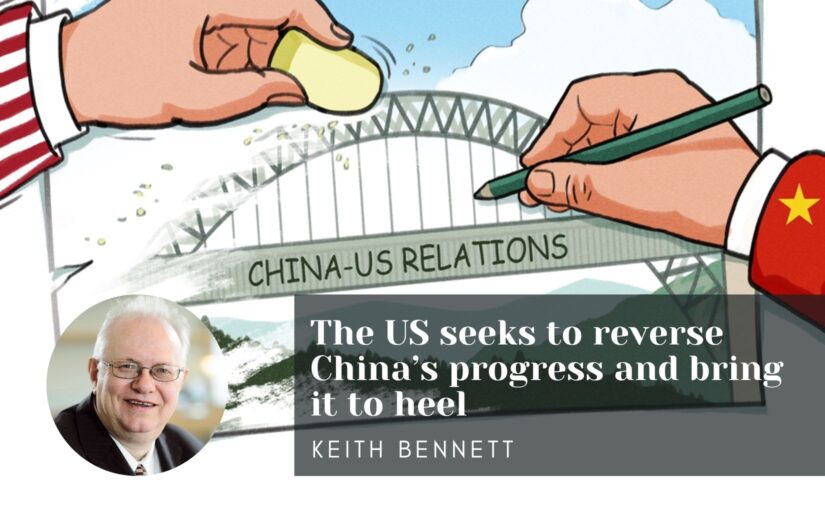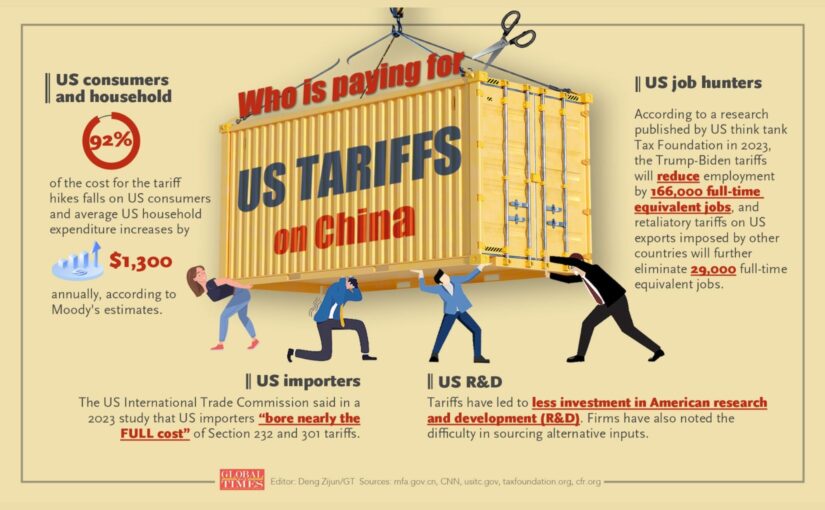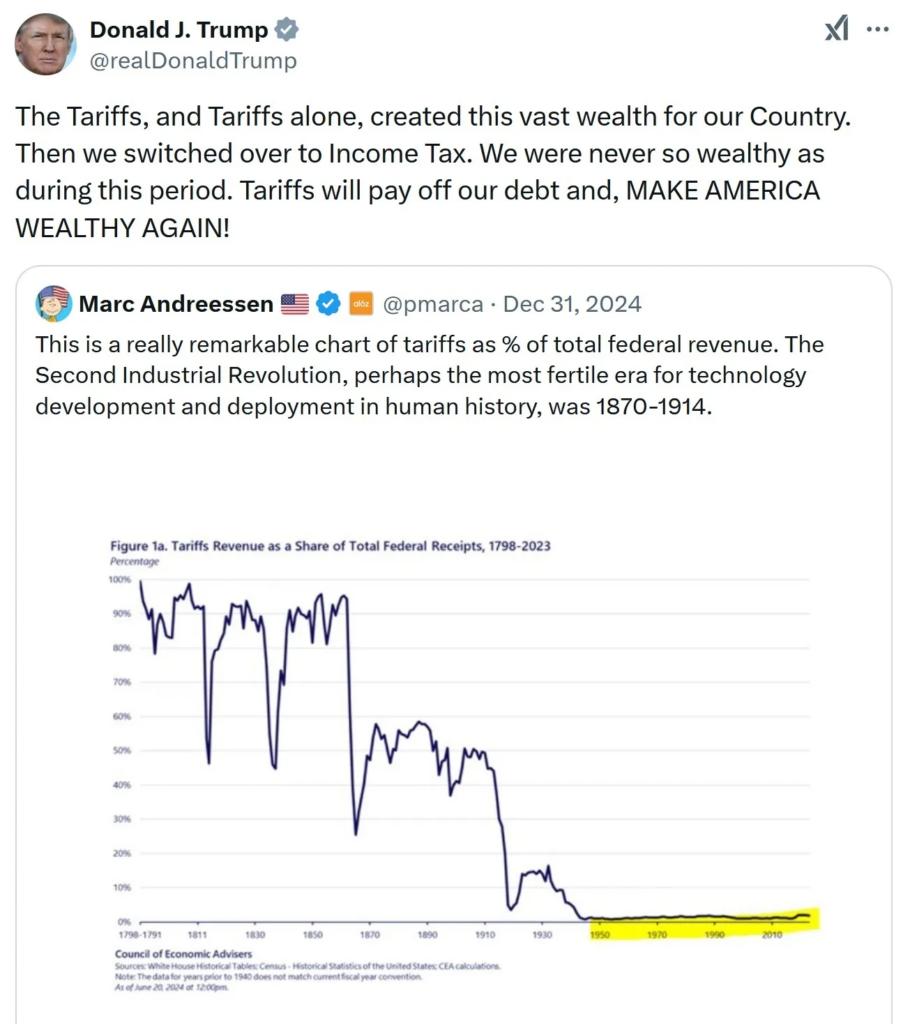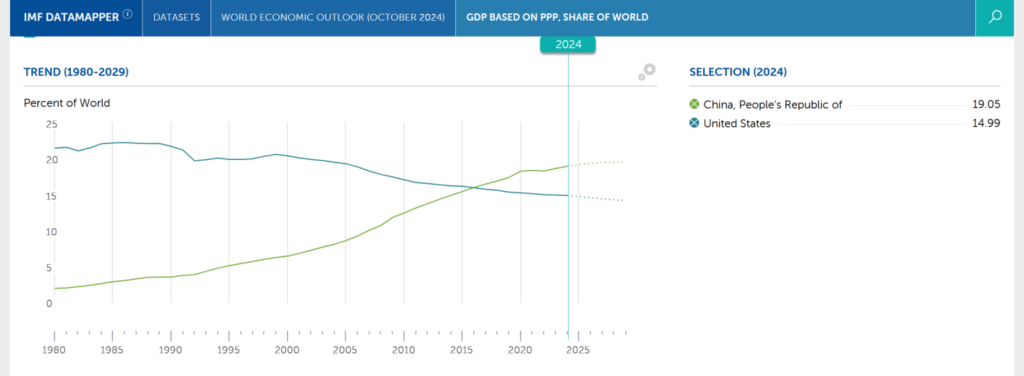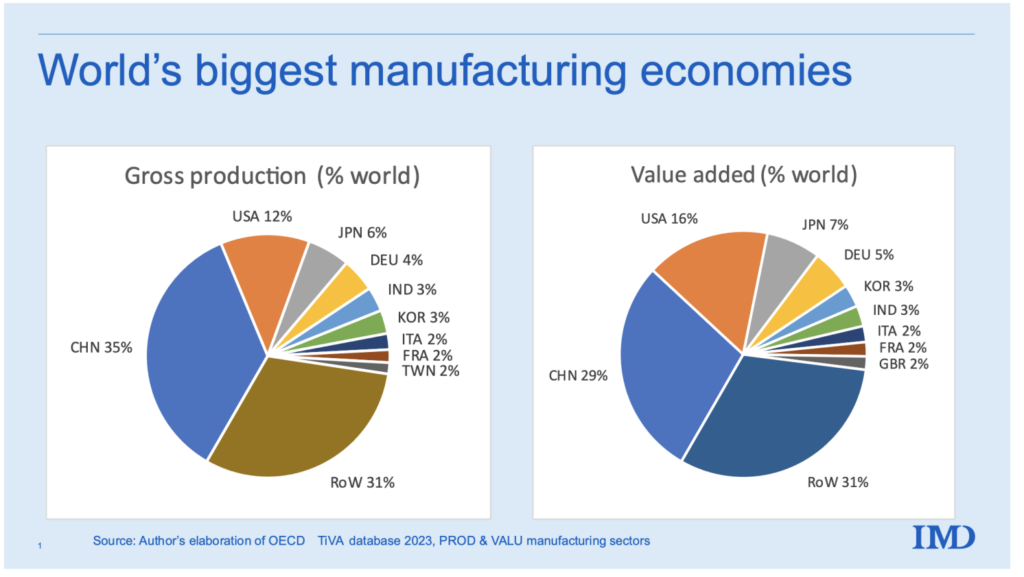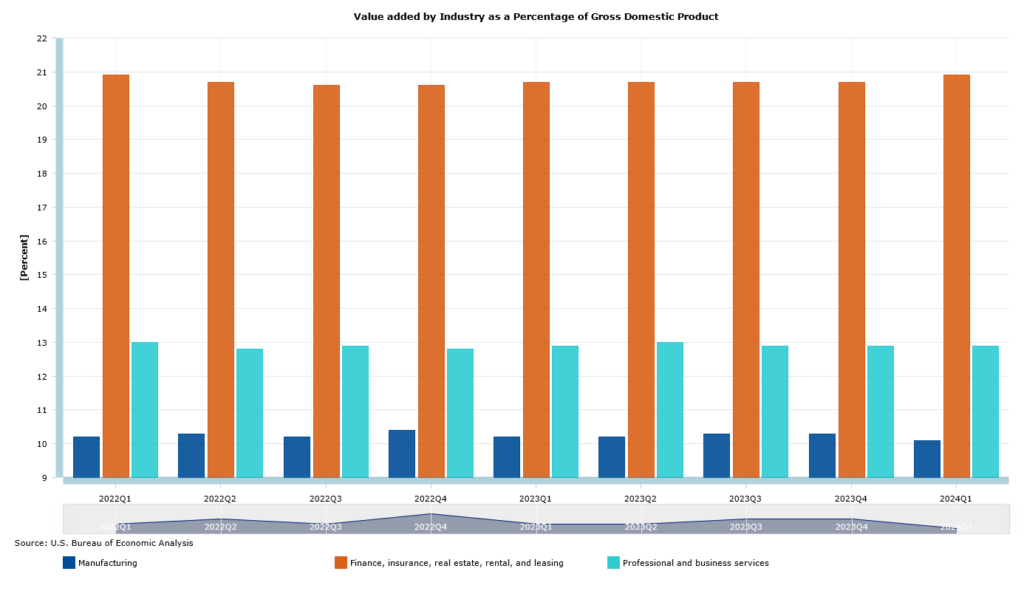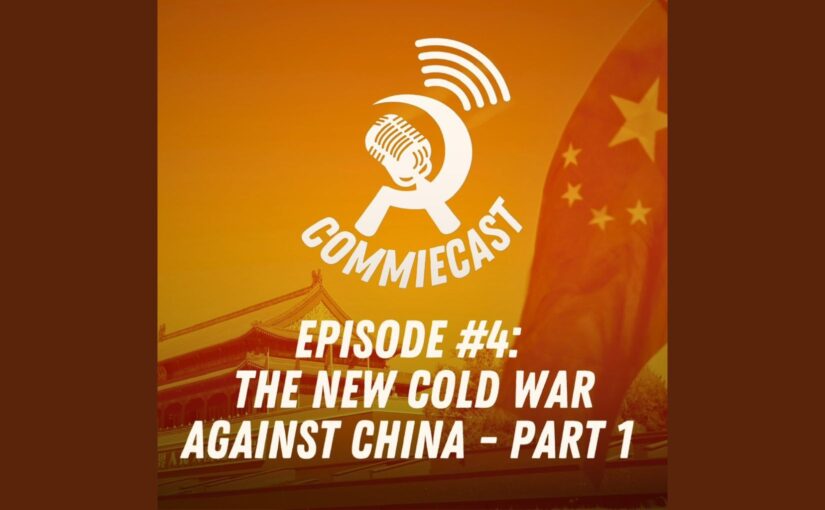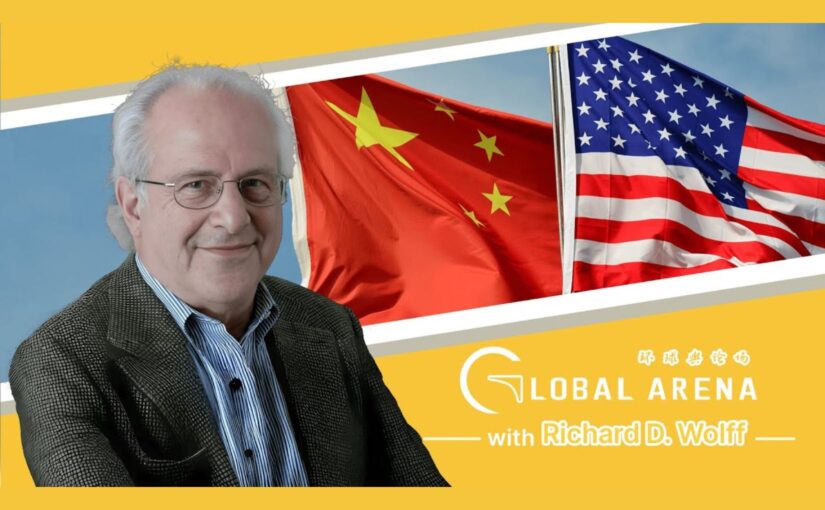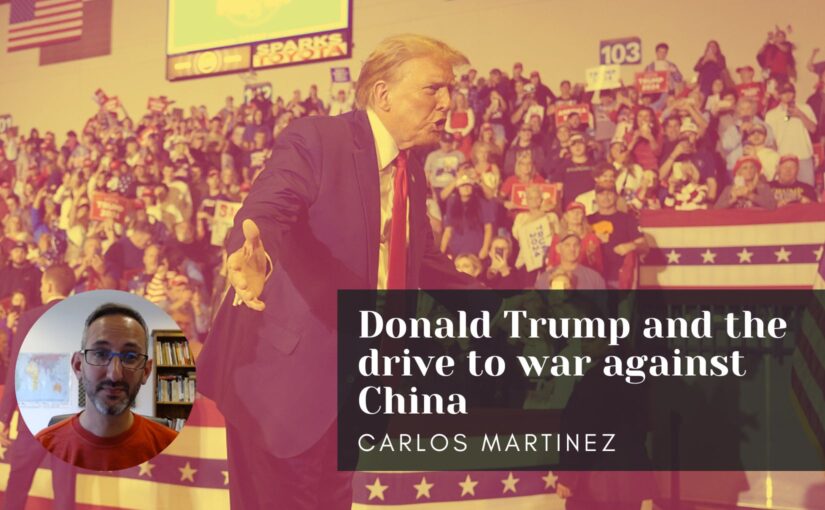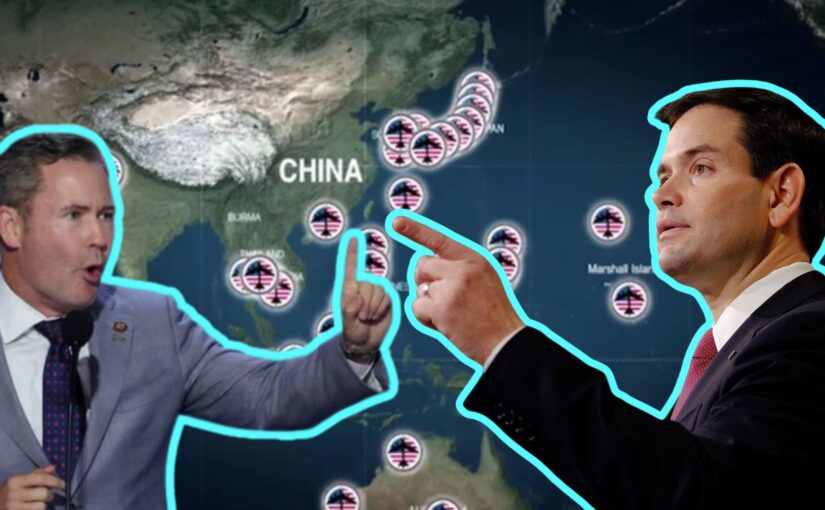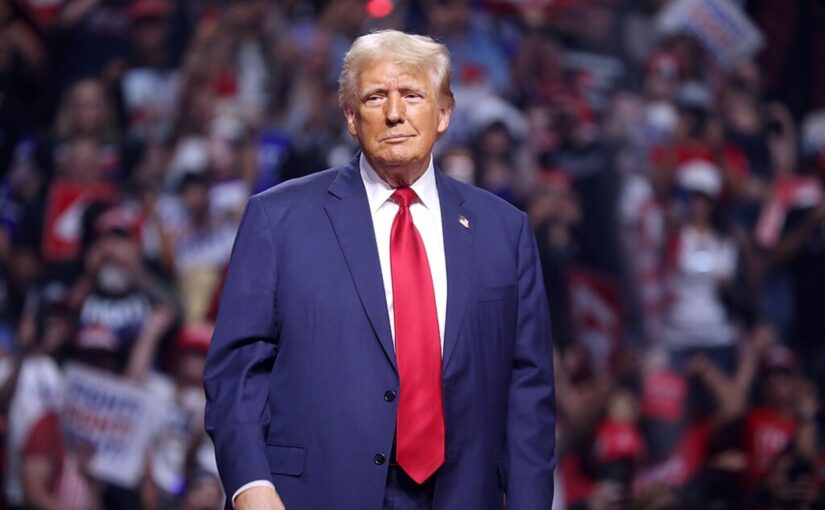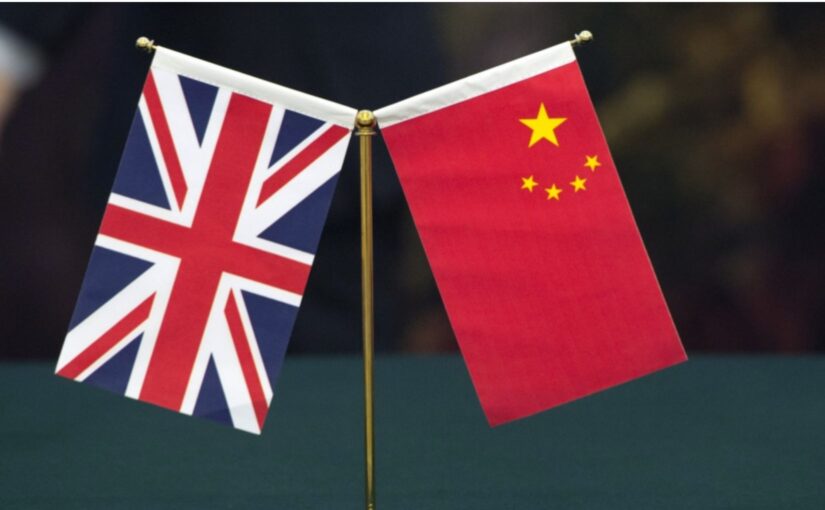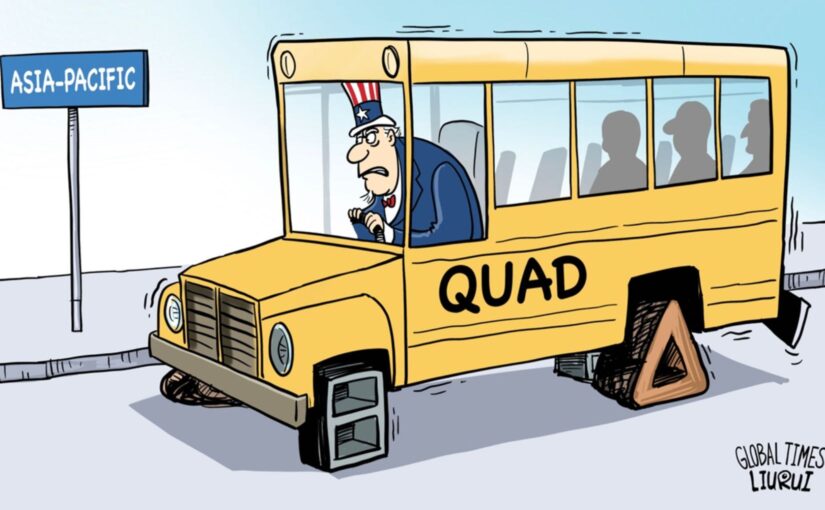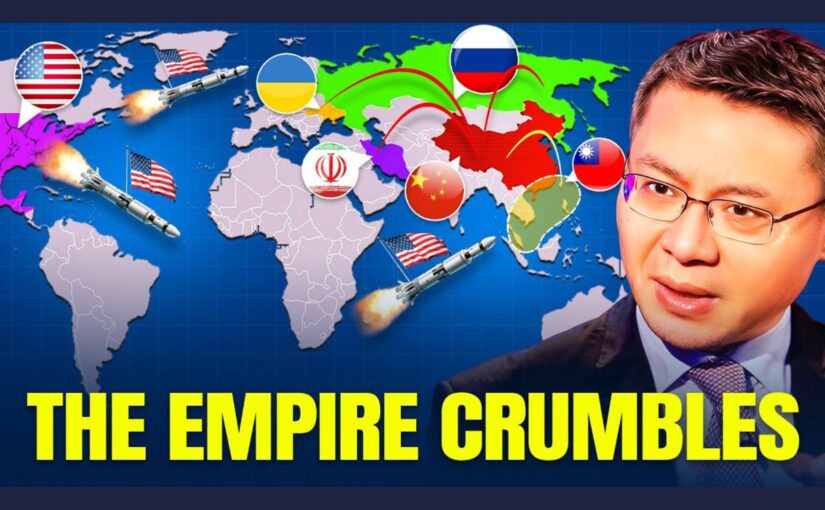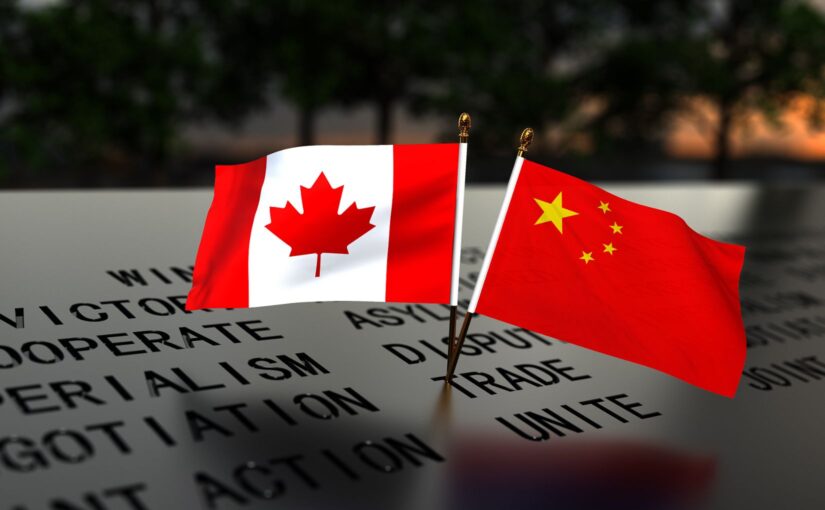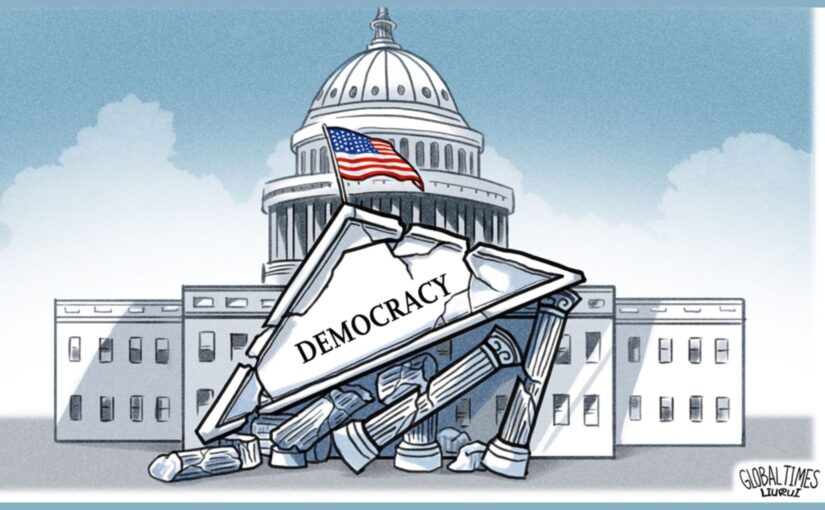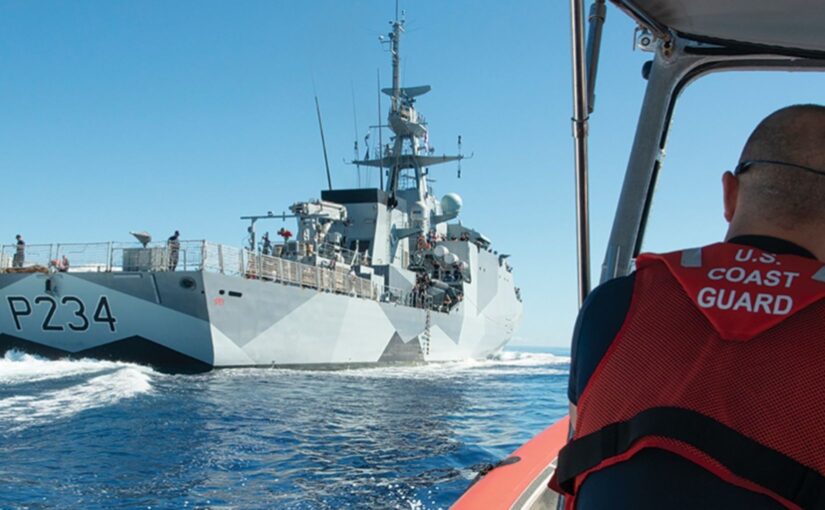We republish below three articles about the recent release of DeepSeek R1, an artificial intelligence (AI) model that performs as well as – or better than – its major US-based competitors, but at a fraction of the cost and using relatively low-grade semiconductors.
The first article, by Marxist economist Michael Roberts, notes that DeepSeek R1 is fully open source, meaning that the code behind it is fully visible to programmers around the world and can be freely used and adapted. “This is a real blow to the ‘proprietary’ secrets that OpenAI or Google’s Gemini lock away in a ‘black box’ in order to maximise profits. The analogy here is with branded and generic pharmaceuticals.” Indeed, the whole orientation of DeepSeek is towards scientific research and the production of social goods, rather than the relentless pursuit of profit at all costs.
Michael observes that DeepSeek has caused unprecedented losses to US technology stocks – “chipmaker Nvidia and so-called ‘hyperscalers’ Alphabet, Amazon, Microsoft and Meta Platforms collectively shed almost $750bn of their stock market value in one day” – as it became apparent that the tech giants’ spending of billions of dollars on scaling their computing power is essentially unnecessary. These companies have put all their eggs in the hardware basket, but a small team of researchers in China have shown that the mathematical/algorithmic component is at least as important.
Meanwhile, the DeepSeek phenomenon is a powerful demonstration that the US “chip wars” are not having the desired effect:
What must enrage the tech oligarchs sucking up to Trump is that US sanctions on Chinese companies and bans on chip exports have not stopped China making yet more advances in the tech and chip war with the US. China is managing to make technological leaps in AI despite export controls introduced by the Biden administration intended to deprive it of both the most powerful chips and the advanced tools needed to make them.
Michael further points to the political economy of the situation, noting that “state-led planned investment into technology and tech skills by China works so much better than relying on huge private tech giants led by moguls.” He quotes billionaire tech investor Ray Dalio: “In our system, by and large, we are moving to a more industrial-complex- type of policy in which there is going to be government-mandated and government-influenced activity, because it is so important… Capitalism alone — the profit motive alone — cannot win this battle.”
The second article, by Gary Wilson in Struggle La Lucha, provides a broad overview of the geopolitics of the “chip wars” and the significance of DeepSeek’s success.
DeepSeek’s model outperformed OpenAI’s best, using less data, less computing power, and a fraction of the cost. Even more remarkable, DeepSeek’s model is open-source, meaning anyone can use, modify, and build on it. This stands in stark contrast to OpenAI’s closed, profit-driven approach.
Gary’s article continues to contrast DeepSeek’s business model – and China’s overall approach to AI – with that of the US tech giants:
Corporate rulers want AI to monitor workers, lower wages, bust unions, or shift work to machines altogether, leading to cutbacks and layoffs. The World Economic Forum famously predicted that AI would replace millions of “useless” human workers by 2030. Unlike US tech companies seeking monopoly control, DeepSeek treats AI like electricity or the Internet — a basic tool that should be accessible to everyone… AI, as a public utility, can be used to complement human labor, improve safety, reduce drudgery, and create better-paying jobs rather than eliminate them.
This touches on the broader question of the role of technology in society. Under capitalism, AI is used to maximise profits, which often means replacing human labour with algorithms, thereby deepening unemployment and, ultimately, impacting the long-term viability of the entire system by reducing the rate of profit. Under working class leadership on the other hand, technology can be used to improve the quality of life for all.
An editorial in the Morning Star on 28 January reiterates the blowback effect of US’s tech sanctions on China. “In placing sanctions on microchip exports to China, it forced developers in that country to use their chips more efficiently.”
Furthermore, DeepSeek is indicative of China’s emergence as a technology superpower. “The days are gone when Chinese economic advance largely relied on technical innovations developed elsewhere.” As such, “this week’s events are a landmark in the decline of US hegemony, and in the development of global multipolarity. With all its contradictions and contestations, that can only be welcome.”
AI going DeepSeek
Most readers will know the news by now. DeepSeek, a Chinese AI company, released an AI model called R1 that is comparable in ability to the best models from companies such as OpenAI, Anthropic and Meta, but was trained at a radically lower cost and using less than state-of-the art GPU chips. DeepSeek also made public enough of the details of the model that others can run it on their own computers without charge.
DeepSeek is a torpedo that has hit the Magnificent Seven US hi-tech companies below the water line. DeepSeek did not use the latest and best Nvidia’s chips and software; it did not require huge spending on training its AI model unlike its American rivals; and it offers just as many useful applications.
Continue reading China’s DeepSeek AI scores important victory against US tech hegemony
